News Archive
-
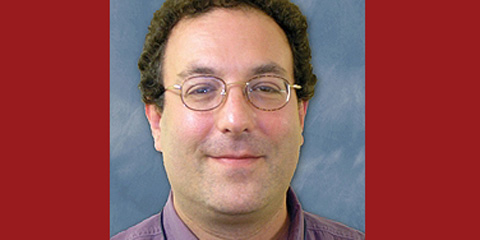
A new report by a task force co-chaired by Ron Avi Astor, the Richard M. and Ann L. Thor Professor of Urban Social Development at the USC School of Social Work, urges schools to stop using the word “bullying” among its series of recommendations for the prevention of bullying.
The blue ribbon task force was commissioned by USC University Professor William Tierney, past president of the American Educational Research Association (AERA), after several high-profile bullying cases last year.
-
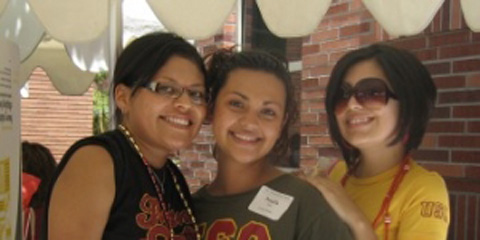
An anonymous donor has pledged $1 million to the USC School of Social Work to establish the Cleofas and Victor Ramirez Professor of Practice, Policy, Research and Advocacy for the Latino Population.
The endowment was made in honor of the donor’s parents, a homemaker and field worker who did not have formal educations. However, they strongly believed in the value of education and served as the driving force behind the donor’s success in receiving a Master of Social Work at USC.
-
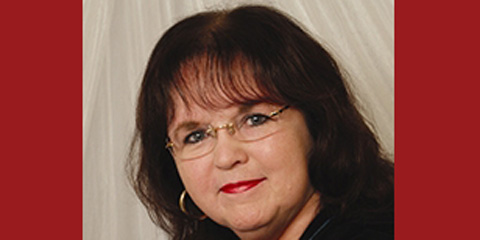
More than 650 social work scholars and practitioners will gather in Los Angeles in June to share theories and strategies to improve health and mental health research and practice during an international conference hosted by the USC School of Social Work and the Los Angeles County Department of Mental Health.
-
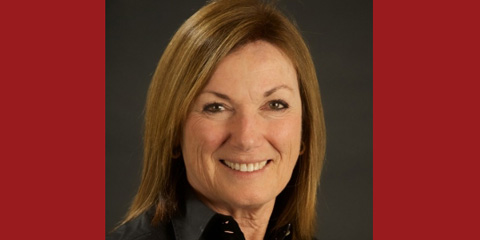
Wendy Smith Meyer, clinical associate professor and associate dean of faculty development at the USC School of Social Work, will receive the Nancy M. Daly Founder’s Award from United Friends of the Children at its 10th Annual Brass Ring Awards Dinner May 29 at the Beverly Hilton Hotel.
-
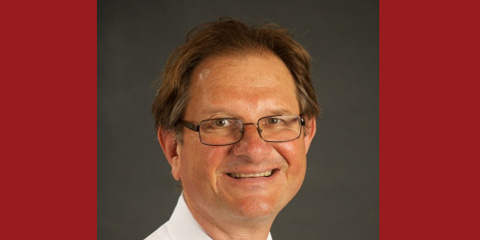
Lawrence Palinkas, the Albert G. and Frances Lomas Feldman Professor of Social Policy and Health and director of the Behavioral Health Research Cluster at the USC School of Social Work, has been appointed to the Institute of Medicine’s Committee on Ethics, Principles, and Guidelines for Health Standards for Long Duration and Exploration Spaceflights.
-
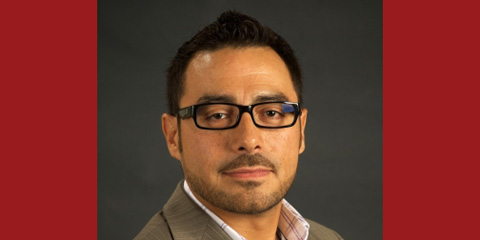
A new project led by Erick Guerrero, an assistant professor with the USC School of Social Work, will explore how recent health care legislation affects the ability of substance abuse treatment programs to serve racial and ethnic minority clients.
-
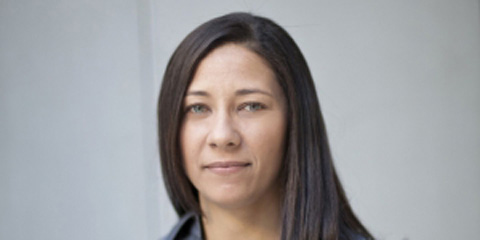
When Kristen Kavanaugh, MSW ’12, started the Military Acceptance Project, a website used to promote the equal treatment of all military service members, veterans and their families, she never really gave the idea of working in politics a second thought.
But as the USC School of Social Work class project grew bigger and gained national attention – MAP was recognized as a Champion of Change by the White House last year – Kavanaugh realized that she could use her advocacy skills to achieve something on a larger scale.
-

As Steven sits in an office with colorful furniture and regularly used incense, his therapist Moira tells him, “We all make choices. It doesn’t mean that one choice is right and the other is wrong. But it does mean that we have to live with the choices we’ve made and the impact those choices have on others.”
This cause and effect is a theme that runs throughout “Therapy,” a play written and directed by USC School of Social Work alumnus Jeff Bernhardt that shows how the line between professional and personal issues can become blurry.
-
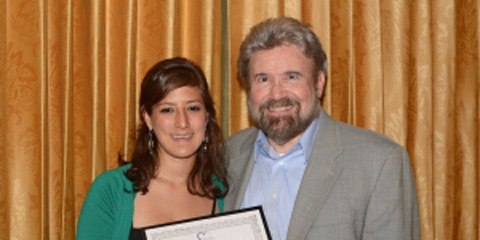
Each year, the USC School of Social Work honors those faculty and graduating students who have made significant achievements in their academic careers and contributions to the USC and at-large communities. This year’s Dean’s Recognition Ceremony recognized new and past student leadership, those on the Dean's List and Dean's Honorable Mentions. Below are those who received scholarships and********** awards.
-
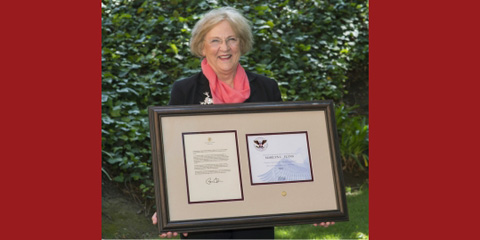
Marilyn Flynn, dean of the USC School of Social Work, has received the President’s Volunteer Service Award in honor of her commitment to strengthening the United States by making a difference through volunteer service.
The award program, an initiative of the Corporation for National and Community Service, recognizes outstanding volunteers to set a standard for service, encourage a sustained commitment to civic participation, and inspire others to make service a central part of their lives.